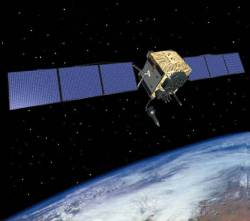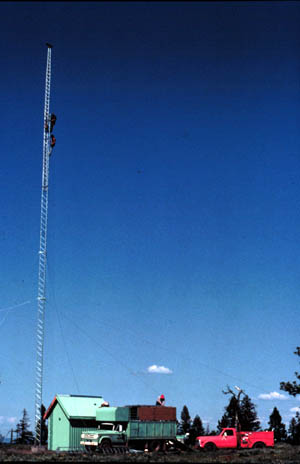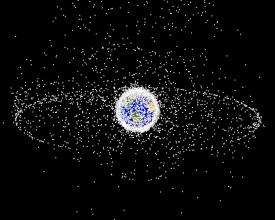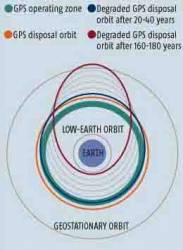More Problems with GPS IIF; IIR-(20)M Is L5’s Plan B

Just when you thought it was safe to go back in the water . . .
Discovery of a power anomaly in signal generator of the first GPS Block IIF space vehicle (SV) has thrown a new wrinkle into the long-delayed follow-on generation of spacecraft.
Meanwhile, it’s all systems go (and all fingers crossed) for launch of a modernized Block IIR satellite IIR-20(M) with the demonstration L5 navigation payload designed to secure priority GPS access to the frequency.
By Inside GNSS





